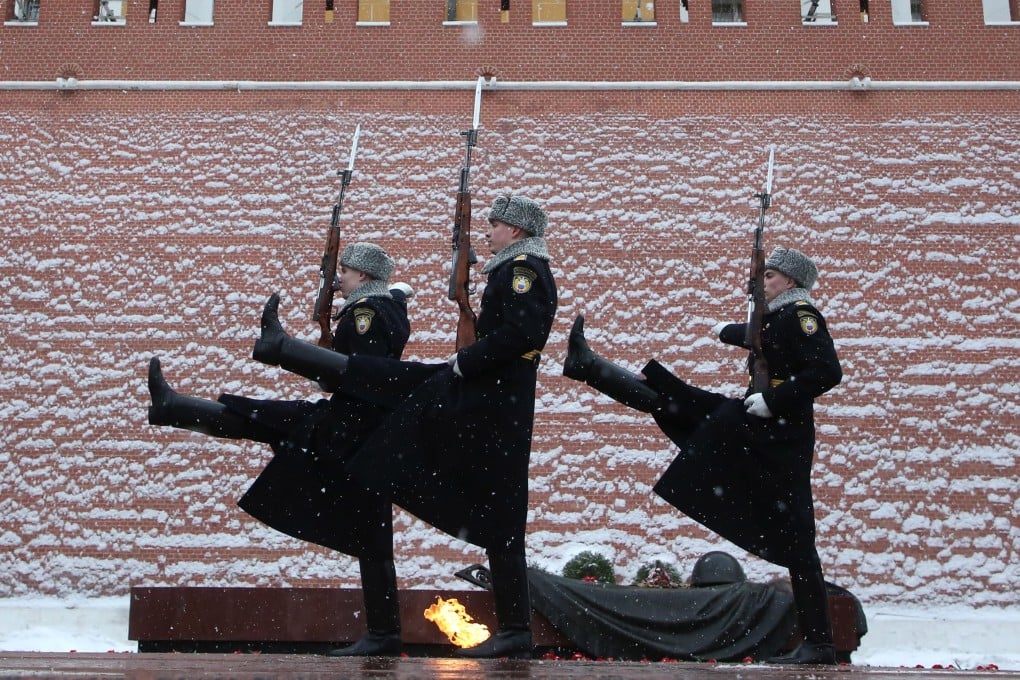Ukraine braces for big Russian onslaught as war anniversary nears
- Ukrainian president’s top security official predicts ‘defining months in the war’ ahead as Moscow musters its military might
- Russia, determined to make progress before Ukraine gets Western battle tanks, has picked up momentum on the battlefield

Ukraine expects a “maximum escalation” from Russia in the coming months as the Kremlin backed bonuses for troops who hit Nato weapons.
Members of the Western alliance are considering more support for Ukraine as the almost year-long war enters a crucial phase ahead of the winter thaw.
Oleksiy Danilov, secretary of the National Security and Defence Council of Ukraine, told Britain’s Sky News that he expected about half of the more than 320,000 soldiers mobilised by Russia late last year would form part of a renewed attack.
“I’m conscious the main fights are yet to come and they will happen this year, within two to three months. These will be defining months in the war,” Danilov, the Ukrainian president’s top security official, said.
“Russia is preparing for maximum escalation,” he added. “It is gathering everything possible, doing drills and training.
“Those countries who help us in our struggle have started to provide us maximum help.”